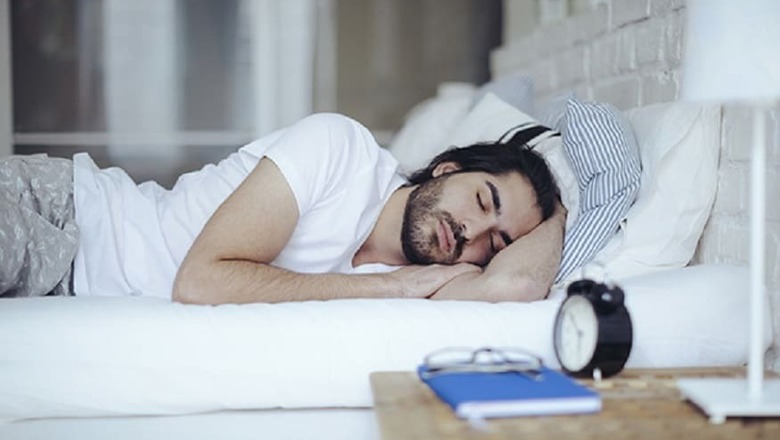
views
A new study says that snoring does not lead to a bad night's sleep or cause a person to be tired the next day. Scientists studied a group of 74 people to come to the conclusion.
The results were published in the American Journal of Otolaryngology.
As part of the study, volunteers had a device containing a small microphone strapped to their face to record how often they snored. They were asked to rate how sleepy they felt the next day, reported Daily Mail.
According to the results, those who snored more were no more tired than other participants. Furthermore, study authors said that snoring did not affect how many hours one slept or how often they woke up either.
The study, conducted by the Toronto Rehabilitation Institute in Canada excluded people who suffer from obstructive sleep apnoea.
Speaking about the same, lead researcher Hisham Alshaer said snoring is not related to poor sleep structure or subjective sleepiness as long as the person is not suffering from sleep aponea.
This is in sharp contrast to the US-based National Sleep Foundation that states that snoring can cause disruptions to sleep leading to tiredness.
According to Dr Alshaer, while a number of studies have claimed that snoring at night leads to struggle to stay awake in the day, these studies don't distinguish people with 'simple snoring', and those with obstructive sleep apnoea (OSA).
OSA, which has been found to increase the risk of high blood pressure, heart failure, stroke and car accidents as a result of daytime sleepiness can have a big impact on life.
The team at The Sleep Research Laboratory of the Toronto Rehabilitation Institute set out to study simple snorers, where they recruited 235 people who were in the process of getting help for sleep disorders.
Their sleep frequency was measured and respiratory levels recorded to assess if they had OSA or not.
The final 74 participants were divided into three groups depending on how much they snored each hour.
According to researchers, lowest was less than 100 snores an hour, the middle was between 100-350 and the highest was more than 350 an hour.
The participants were asked the next day to rank how sleepy the next day with scientists coming to the conclusion that there was no correlation in participants' level of snoring and how many hours they slept, Furthermore, it had nothing to do with how often they woke up, or how tired they were the next day.
The researchers concluded, "Simple snoring is much more common in the general population than OSA, yet, the impact of snoring per se on sleep structure and subjective sleepiness has not been clearly elucidated."


















Comments
0 comment